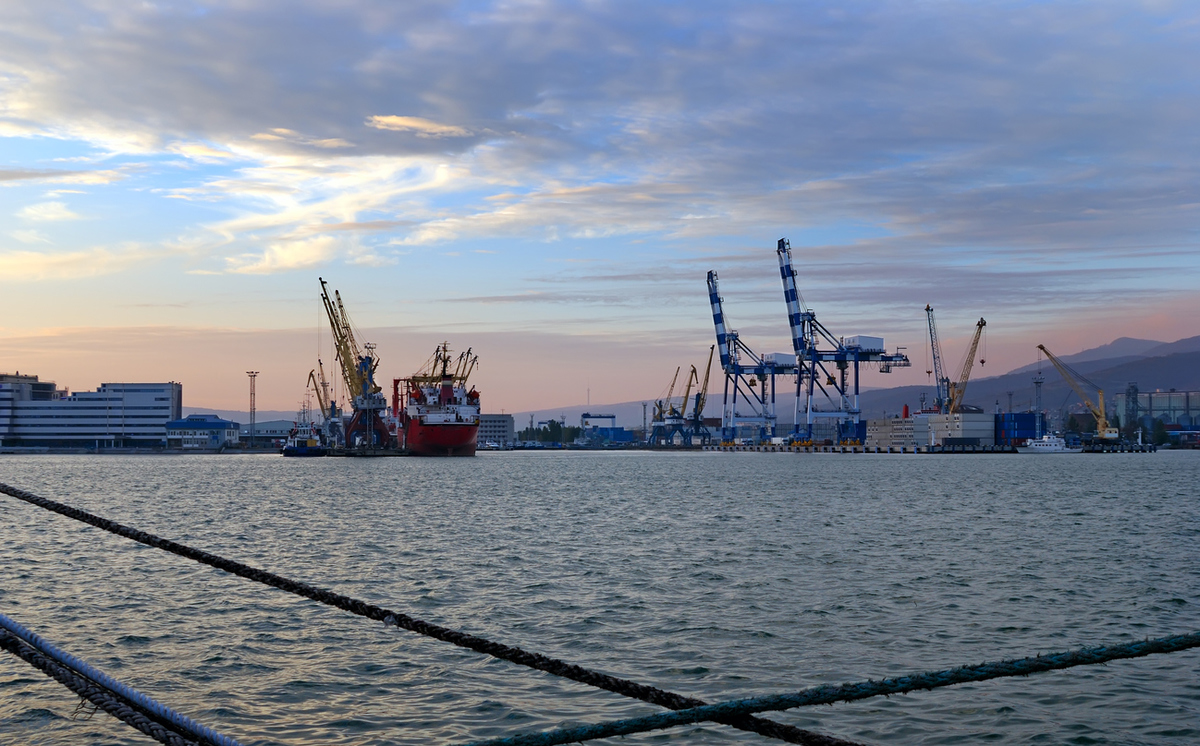Russian fuel oil finds buyers in Middle East and Asia
Russian fuel oil exports came off sharply in the month after it invaded Ukraine, but have gradually picked up in recent months with other importers targeted.
 PHOTO: Embankment of the city of Novorossiysk, Russia. Getty Images
PHOTO: Embankment of the city of Novorossiysk, Russia. Getty Images
Cargo tracker Vortexa estimates that Russia has exported an average of 701,000 b/d of fuel oil so far this year, down from 778,000 b/d in 2021.
These imports have comprised both HSFO and low sulphur fuel oil (LSFO). While HSFO/LSFO was imported in a 89/11 ratio in 2021, that ratio has slightly changed to 84/16 so far this year.
The US was the top importer of Russian fuel oil in 2021, followed by the Netherlands, India and Singapore. The US remained top destination of imports for January and February this year, but later fell to second place in March, and further down in April as a complete ban on Russian energy imports kicked in fully.
The Netherlands was the top destination between March-May, then dropped to sixth place in June-July. It did not even make it into the list of the top 10 destination countries this month, which shows that Dutch importers are phasing out Russian fuel oil imports.
About 40% of the Amsterdam-Rotterdam-Antwerp (ARA) hub's fuel oil imports came from Russia last year. These volumes are typically either blended and supplied in the ARA bunker market, stored or shipped on as cargo to other European ports, or further away ports in Africa, Asia and the Americas.
In June, EU nations voted to phase out Russian oil products imports by February next year.
As several European buyers are working to replace Russian fuel oil imports, Russian exporters have instead increasingly targeted outlets in the UAE, India, Egypt, Turkey, and Singapore.
Russian fuel oil exports to the UAE have nearly tripled since before the Ukraine war, from 38,000 b/d in January to 118,000 b/d in August. Exports to Turkey have also tripled, to 66,000 b/d, while Egyptian importers have taken seven times as much at 108,000 b/d.
To replace Russian energy imports, several companies in Europe are sourcing energy products such as coal, crude oil, refined oil products and LNG from elsewhere in the world, Rotterdam's port authority has said.





